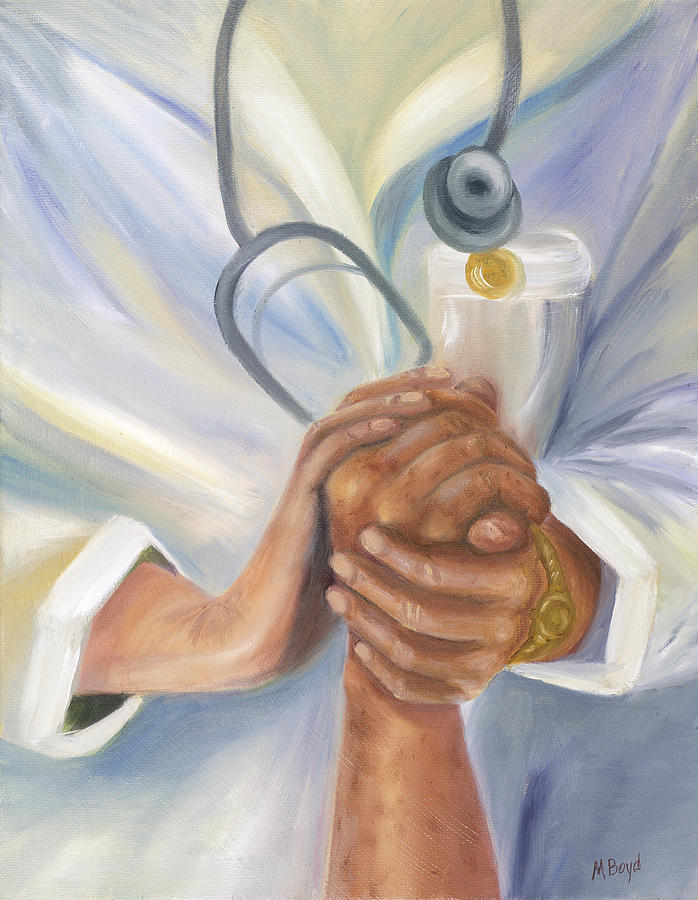Life is an ever changing thing. It is fast paced, difficult, and challenging yet, we all get through it. Nursing embodies this essence of what it means to be alive. They deal with death, they deal with new life, and they deal with everything in between. Nurses hold this strong power and courage to deal with these things with compassion and care. Theresa Brown’s book, Critical Care, tells the compelling story of her life as a nurse. She goes through the ups and downs as you would expect, but captures the pureness that the job entails. We learn about the love hate relationship, death, power hierarchies, and the true meaning of being a nurse.
The love hate relationship in the nursing field can be seen in everyone. Brown uses the poem Catullus: Odi et Amo by Frank Bidart as a way to show a comparison between her livelihood in nursing to a poem. I can clearly see and understand how one can love yet hate their career in nursing. The job entails ups and downs from helping a father get back on his feet allowing him to play with his children, to watching a cancer patient lose their battle. Nursing calls for this duality within the job. You care for your patients as if they were one of their own, yet that alone will not cure them of their disease. The loving aspect comes when you are creating a connection with your patient. You work with them and watch them grow as they succeed their goals. The hatred part of nursing comes when your patient passes away or when you can see them deteriorating. This part is hard as your own heart aches because you treated them like your own. Nursing is not an easy job. It requires a lot of skill to be an excellent nurse.
The first death would be the hardest for me. It officially opens your eyes to the realness that being a nurse entails. Brown Shares her experience of when she was still in orientation when Mary died. I was not completely surprised when reading this, rather in awe of the realization of what happens. You sympathize with the family while setting up the patient’s “death appointment”. It is a hard part of being a nurse. You have to stay calm and look the family in the eye while a loved one dies. This is not something you want to do, rather you have to do. I am not looking forward to this part, but believe that being caring and efficient does not go unnoticed. This part will not be easy but comes with the job.
Hierarchies are also essential when it comes to the job. Everyone needs an overseer in which they report to and learn from. Yet, this power role is not only between nurses and doctors, but includes patients as well. The relationship between Brown and her patients was seen to be manifested and egalitarian. When Brown was with the patient Mary during her final hours, she had to treat her patients equally. Even though Mary was her “first death” that she was helping, Brown had to tend to her patient looking to be discharged. She said, “From the flurry of preparing discharge paperwork I walked back into Mary’s quiet room” (p. 39). The treatment between those patients was egalitarian as both we considered and treated equally. In a different circumstance, Brown had to look at the needs of all of her patients and decide which one was more important. She says, “In my mind I rank my patients in terms of least potentially work-intensive to most” (p. 63). The planning involved in proper care of the patients is important. Brown had to prioritize one over another due to the timing and severity of her patients. The hierarchy within the relationship between the nurse and her patients can and will fluctuate.
This book is full of meaningful content that can touch the hearts of anyone. One quote that specifically stood out to me was, “perhaps if our bodies vanished when we died, death would be easier; part of the puzzlement of death is that the body stays, but the person we knew and loved will never come back” (p.86). When you really dissect and think about this quote, you realize the truthfulness behind it. I have always asked myself this same question as to why their body is there, yet the individual we love is not. There are many religious beliefs as to what happens, yet no one has a direct answer. It really makes you think how our lives are so special. No individual is the same and you should always appreciate the gift of life.
Nursing will forever be a challenging field to work in. As hard as it can be, the reward of what you are doing pays off more than anything else. You connect, share, and form relationships with patients as you help them to recovery. I could not be more glad that I decided to become a nurse. I get a special opportunity to grow into someone special who gets to help the world, one patient at a time.
Brown, Theresa. Critical Care: a New Nurse Faces Death, Life, and Everything in Between. HarperOne, 2011.







